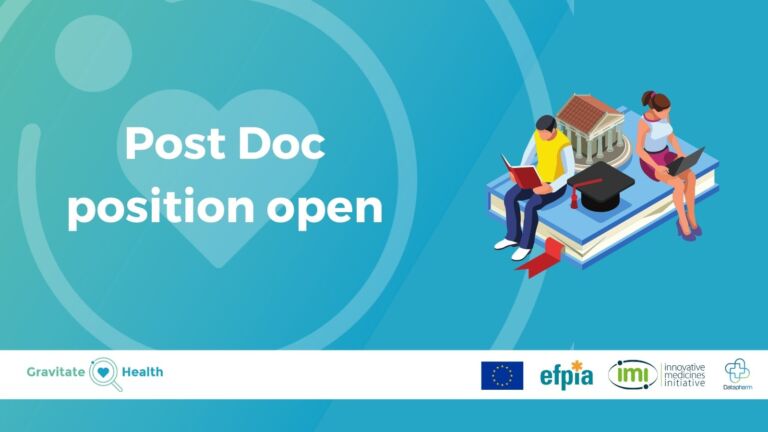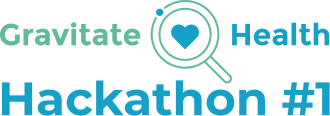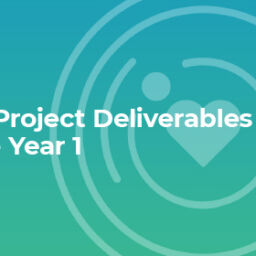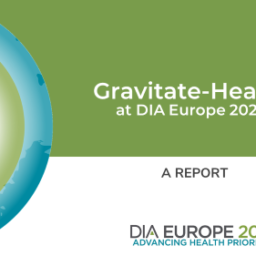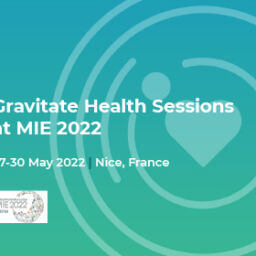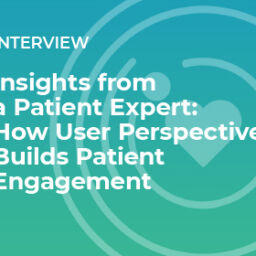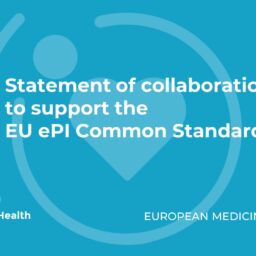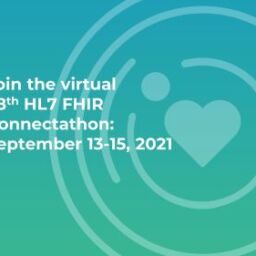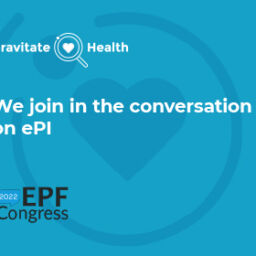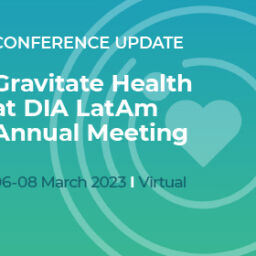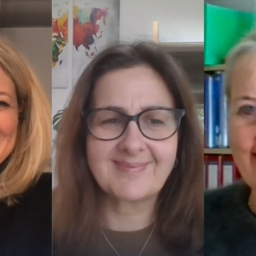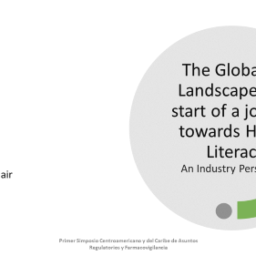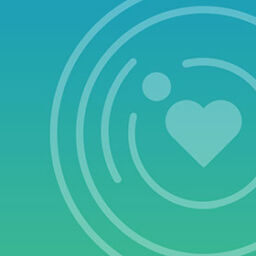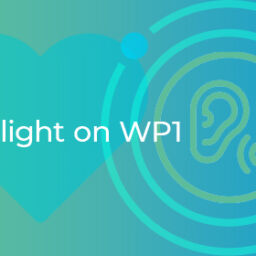PostDoc OPEN POSITION
Under the Scientia Fellow Programme – EU Horizon 2020 Marie Sklodowska-Curie action, professors from the University of Oslo and the Trinity College Dublin are glad to announce a Post Doc open position on the theme “Empowerment, digital health literacy, personal health management. Developing autonomy of the adolescent from a multicultural perspective: reimagining access to healthcare through digital citizen centered technology.”
Deadline to apply: 11th May 2021.
The aim of this Fellowship is to understand and explain the urban health disparities of adolescents, including from minority ethnic groups, across contrasting health systems in Europe and to identify how adolescents can be empowered, through digital health, to take on responsibilities and improve their personal health.
Methods: This is a multi-method study. A review will initially be conducted to systematically analyse the current literature on urban health disparities for adolescents, including minority and disadvantaged groups. This will be followed by surveys and interviews with adolescents as an in-depth examination of specific influencers of health disparities (socioeconomic and health profile of the family, family functioning, telehealth access and support, and personal use of digital health tools). This will be analysed and examined in the context of contrasting health and socio-political systems and the implications of this for digital health literacy for this population.
The impact of this fellowship will be to revolutionise how we examine and conceive access to health care for adolescents, in general and from ethnic minorities, in urban areas and how digital health can support this. This research will examine the critical question of what the specific health disparities of these adolescents are, and will identify how their developing autonomy can be supported in an era of advancing digital health. The project will provide a cornerstone for the development of enhanced care to adolescents. Internationally the proposed project is complementary to the work currently undertaken in the IMI-funded Gravitate-Health project and the ERC-funded project TechChild.
Background
There is long-standing evidence that adolescents can understand medical information very well and come to reasoned decisions (Weithorn & Campbell 1992). We also know that personal information management can be particularly challenging in periods of life transitions. Therefore, the emerging autonomy of adolescents may be impacted by many social determinants including their relationship with their parents, with their peers and available health support as well as their own health literacy.
Preceding the COVID-19 pandemic there was evidence from urban communities of mistrust by adolescents of health services (WHO 2015, Menes et al 2018). Early reports of the impact of the COVID-19 pandemic on these adolescents and their families further highlights the impact of poor access to healthcare and increased levels of anxiety, stress and depression (Brick et al. 2020). This challenges their emerging autonomy and is compounded for adolescents from ethnic minorities (Darmody et al. 2020). Overall, there is a scarcity of empirical research on specific health issues for these adolescents.
This is critical in an era of rapid advances in digital health which could transform their lives. In-depth examination of urban health disparities for adolescents, including members of ethnic minority groups, and how digital health can support this, is therefore urgent to support as they are developing autonomy and could request delivery of care to meet the needs of this population.
Professors
Prof. Maria Brenner (Trinity), Prof. Catherine McCabe (Trinity) Prof Anne Moen (UiO)
Deadline to apply
11th May 2021
Find out more on how to apply
